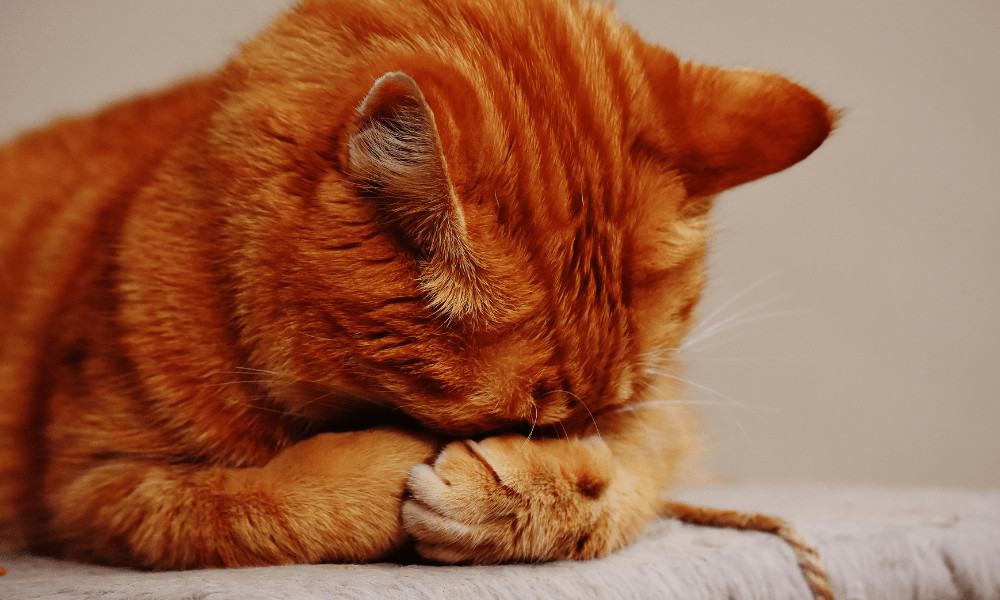Feline Panleukopenia
Feline panleukopenia [ pan-loo-kuh-pee-nee-uh ] is often referred to by other names, such as feline distemper. Historically, it was associated with high fatality rates in kittens. However, the widespread use of vaccinations in many areas of the world has greatly decreased its incidence.
What is Feline Panleukopenia?
Feline panleukopenia is caused by a virus known as feline parvovirus. This is a different virus than the cause of canine parvovirus. Yet, it is similarly contagious. Feline parvovirus is so dangerous to cats because it infects rapidly dividing cells. Namely the cells of the intestinal tract and bone marrow.
How does Feline Panleukopenia affect your cat?
Once a cat is infected, the virus can cause widespread panleukopenia, which is another name for decreased white blood cell counts. In addition to this causing problem for the affected feline, panleukopenia also makes the cat more susceptible to other infections, including bacterial infections.
Clinical signs seen in cats affected by feline panleukopenia include depression, fever, vomiting, and diarrhoea. Oftentimes, this viral infection presents similarly to numerous other illnesses, from feline leukaemia to pancreatitis.
The feline parvovirus is a relatively hardy virus, and it can survive in the environment for up to a year. In areas where an infected cat has been, you should take care not to expose other cats. Even if they have been vaccinated because the virus is resistant to destruction by many disinfectants.
Feline panleukopenia can be transmitted through a variety of bodily fluids. Including nasal secretions, stool, and urine. Cats that recover from the illness may still shed viral particles for up to 6 weeks. Females that are pregnant may abort their kittens, or the kittens may be infected in utero. This condition is called feline cerebellar ataxia, which is characterized by tremors.
Treatment for Feline Panleukopenia
Vaccinating against Feline Panleukopenia and Preventing Infection
In many areas of the world, domesticated cats are vaccinated with a combination vaccine commonly referred to as feline distemper. The use of vaccines has greatly decreased the frequency of this viral infection. Nonetheless, in areas where vaccines are not used commonly, with feral cats, or even in high traffic environments such as animal shelters, the virus is still seen.
Your veterinarian can help determine the best vaccination schedule for your cat. Typically kittens receive a series of vaccines between 8 and 16 weeks of age, and then regular booster shots throughout your cat’s life, with a frequency dependent upon the brand of vaccine and risk factors for your cat.
Prevention is the best way to help minimize the possibility of infection. Infected cats should be isolated from other cats, and rigorous health & safety measures should be practised. They include personal hygiene and changing garments that may come into contact with cats.
If you have any questions, send us a message today.

